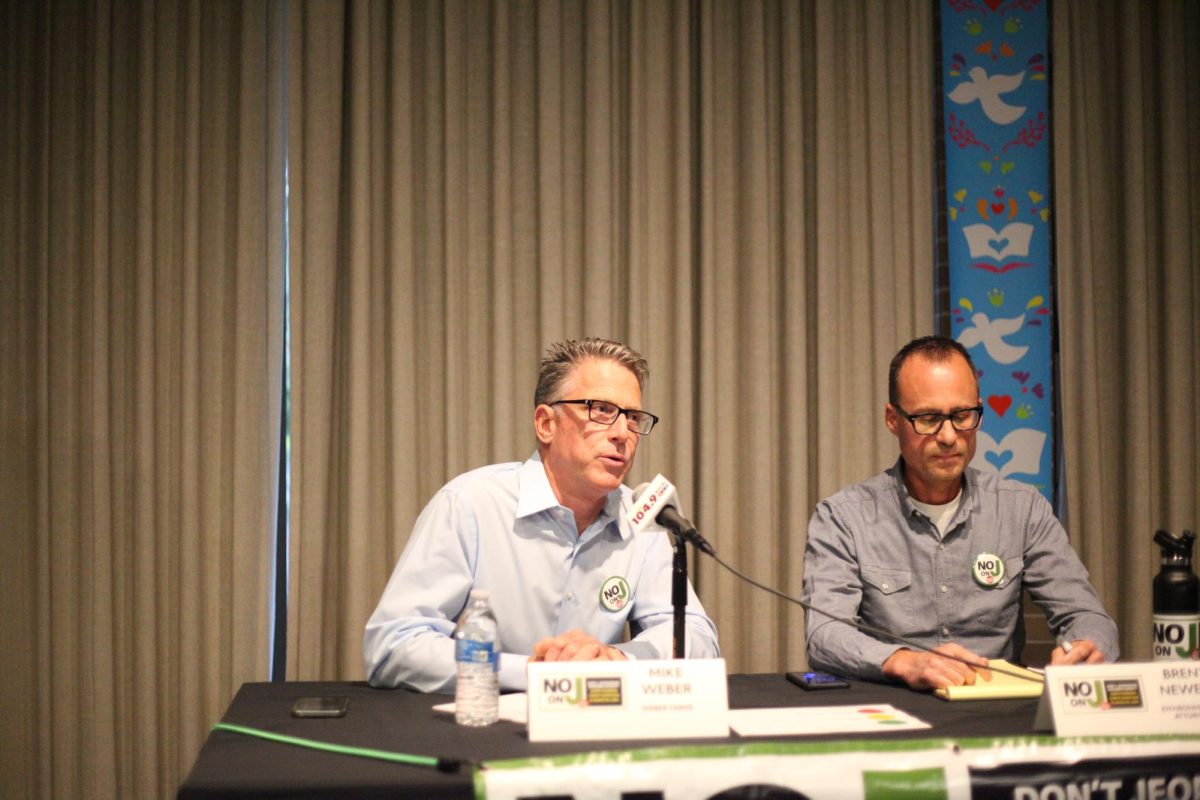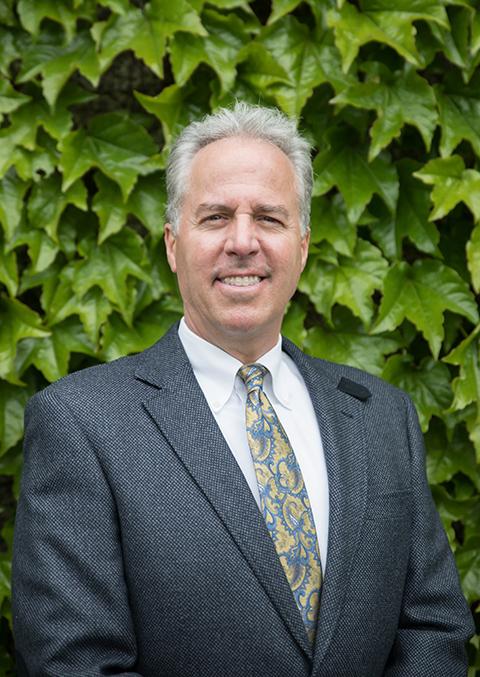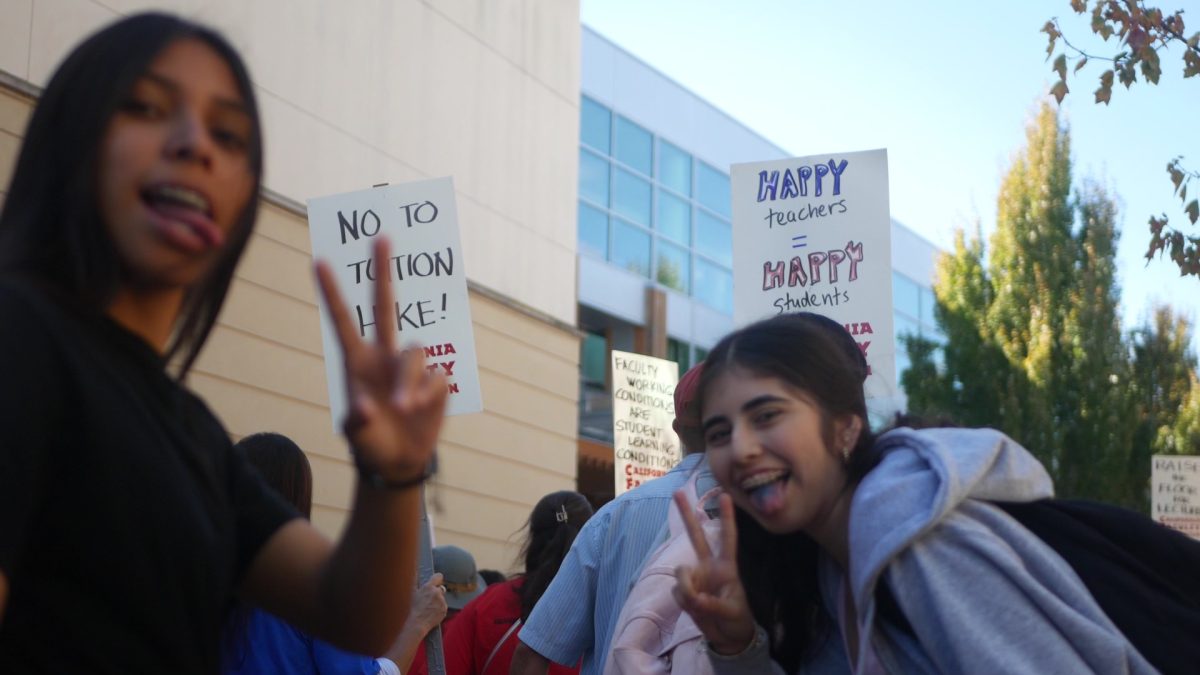On Friday, Feb. 23, student assistants across the California State University campuses voted Yes (97 percent) on unionizing, effectively absorbing into the California State University Employees Union; also known as the CSUEU.
Maddux Eckerling, a first-year philosophy and sociology major was bedridden for a week and a half during their first semester at San Francisco State University.
“I got COVID and lost $600 or so from not being able to go to work [as] we aren’t able to get any sick pay,” Eckerling said. Eckerling works as an office aide for the Jewish studies department at SFSU and is a member of CSUEU.
After getting COVID and not being able to work, while still able to recover in their academics, financially they still struggled.
“The pay cut was the hardest part. I had to apply for some more scholarships just to cover costs,” Eckerling said.
While now unionized, student assistants must still go through with bargaining a specific contract. Some of the main points for unionization were better parking benefits, more hours, higher pay, holiday pay, and paid sick time.
“We’re doing basically the same work that the CSUEU members are doing for fractions of the cost,” Eckerling said. “That’s why we decided the CSUEU would be the best union to be housed under.”
Eckerling and a few other student workers went floor to floor at SFSU trying to organize and asking student workers to reach out to their co-workers. But some didn’t even have co-workers.
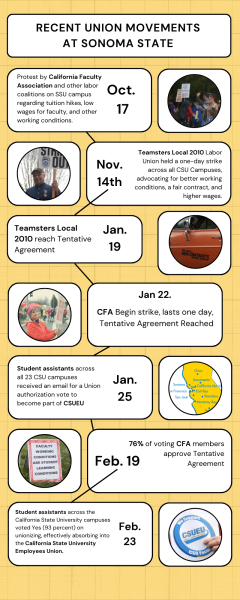
“We’re really spread out in terms of departments, it takes a long time,” Eckerling said. “Some [students] had been told by their supervisors to just not speak with us.”
One argument Eckerling heard while organizing was that ‘Why would someone take time and energy to be part of a union if the benefits aren’t really going to affect them?’
“We need to stand in solidarity with each other, because if one person is getting treated well and another person is getting treated wrong, that’s not acceptable,” Eckerling said.
“A lot of student workers are marginalized people, and so it makes it easy for the CSU to take advantage of us, But that’s not acceptable, and we’re done being taken advantage of. I think workers are deciding that enough is enough and we need to stand up and fight for what’s right,” said Eckerling.
Sonoma State student Finn Orr is a second-year sociology major and a current member of the CSUEU. They are a cashier at both Lobos and the school cafeteria.
“The union helps stand for students getting fair and deserved pay and keeping us protected,” Orr said. “It helps the demand for a safe environment for us to work that doesn’t interfere or inhibit our academics.”
Parking has been one issue at SSU that’s plagued many students on campus, including Orr.
“The main thing is the absurd cost for parking permits and passes, [as well as] tickets, [which] a lot of the time are unfairly given,” Orr said. “I know that if I had to live on the wage I have at the cafeteria I would never be able to.”
As of now, it is $262 for a spring 2024 reserved semester parking permit and $135 for a general parking permit. Monthly permits are $35 for general lots and $75 for reserved lots.
“One of the ways that [we’ve] been successful in attempting to organize with students, not for students, is just going where those pockets of communities are already are in; clubs, frats, sororities- there’s power to that,” Josue Chavez said, a third-year sociology major.
Chavez is a member of Students for Quality Education at SSU. The organization has consistently advocated against the tuition hikes for students and helped organize a protest at SSU last semester along with the California Faculty Association.
“I have a lot of friends that have worked in the Associated Students office, and some friends that just work generally across the campus, and things are not too pretty,” he said.
Chavez questioned what the kitchens had to offer as a pay rate, and explained how California’s minimum wage should be higher.
“That is not sufficient for a student living here at SSU. And you’re also offering them just a free meal? Like what is that?” he said.
“Corporations are always finding ways and means to take more money and being incentivized for it. What that has created is unstable, unlivable working conditions for students, for professors, for everyone who’s forced to participate in capitalism,” Chavez said, “It makes sense for there to be an explosion of support for unions.”
Cinematic Arts and Technology Professor Talenda Sanders currently teaches CINE 302; Production Industry Ethics and Professional Practices. The class discusses ethical considerations during film and media production, often including discussions on workplace conditions and pathways for students.
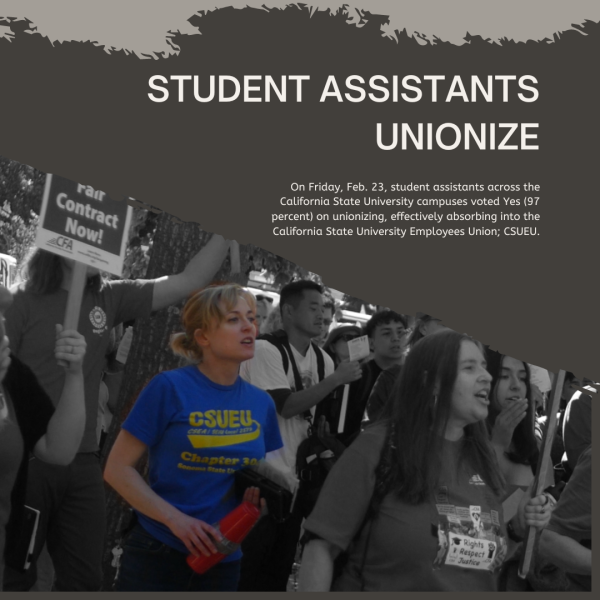
“In the entertainment industry, unions provide a more sustainable future for students.
Unions are typically fighting for benefits and protections for the working and middle classes. Organizing a union is one of the most effective ways that people from these classes mobilize against the large-scale power structures in any industry,” Sanders said.
Sanders also said that the current generations are more aware of the quality of working conditions, having witnessed a massive period of change for working and middle-class people through the experiences of the Covid-19 pandemic.
“The current generation saw the adults in their lives questioning their working conditions and demanding that their lives and labor be valued higher,” they said.
“I really hope that students will support the organization of a student worker union, and become more empowered through this process. We spend so much of our lives working. Your working conditions have a strong, direct relationship to your quality of life – it’s important to advocate for the value of your time and energy now at the university, and in your future careers.”

